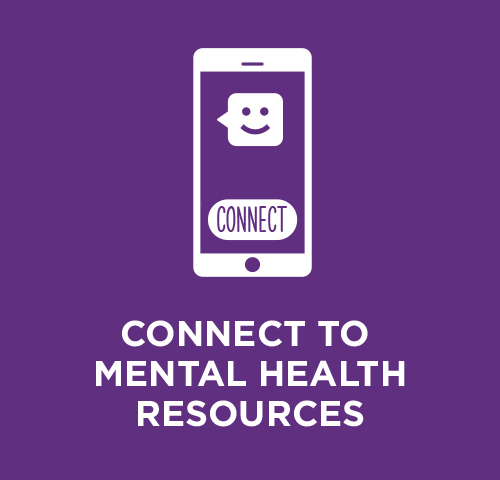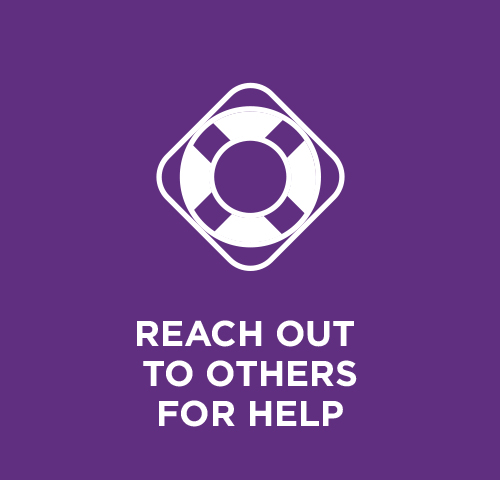Just as you take care of your physical health through exercise and nutrition, taking care of your mental health is also essential. If you’re ever feeling burnt out, and even before it escalates to that, follow some of these tips. Find what works for you.
Self-Care Tips
- Get enough sleep. Not enough sleep can interfere with mood, impair your academic performance, learning and memory.
- Take a social media break. It can affect your self-esteem and relationships by constantly comparing yourself to others.
- Exercise! Depression and anxiety symptoms often improve with exercise. It releases those feel-good endorphins and can take your mind off your worries. Exercise is a healthy coping strategy.
- Music and mental health. It can help you cope with your emotions. Listening to music elevates your mood and helps you relax. Sharing playlists with your friends, or meeting like-minded people creates social connections.
- Don’t compare yourself with others. It may look great on social media, but remind yourself that people only share what they want others to see.
- Journalling. Writing down your feelings can help you work out what might be troubling you.
Practicing Self Care
Self-care is like saving up for a rainy day! It’s about nurturing yourself so that when difficult situations happen, you will have the energy and strategies to help you get through it! It can feel hard to practice all of the self-care tips that we know are important, pick a few to focus on, congratulate yourself on what you’re able to accomplish and continue to set goals for yourself.
Find ideas to help you practice self-care from the School Mental Health Ontario
Techniques to Manage Stress and Anxiety
Feeling anxious? Try Box Breathing
- Breathe for 4 seconds on the in-breath
- Hold for 4 seconds
- Let your breath out for 4 seconds
- Hold again for 4 seconds
Grounding Techniques
Tense and Relax: Squeeze your hands into fists as tight as you can hold for a few seconds then relax your hands.
Push your shoulders up to your ears and hold for a few seconds then relax your shoulders.
Tense your stomach muscles as tight as you can and hold for a few seconds then relax your stomach.
Calm Breathing: Focusing on your belly, breathe in deeply through your nose.
Breathe in, feel your stomach expand. Breathe out, feel your stomach contract.
Just Notice: Notice 5 things you can see.
Notice 4 things you can hear.
Notice 3 things you can feel/touch.
Notice 2 things you can smell.
Notice 1 thing you can taste.
Let it Go: Use your fingers to gently massage the top of your head, to your forehead, eyebrows, temples, around your eyes, cheeks, and jaw. If you notice tension anywhere – let it go. Finally massage each of your ears and end by gently pulling your earlobes.
Mindfulness and Meditation
Mindfulness is a type of meditation that focuses on being aware and intentionally conscious about your surrounding and how you are feeling. It can help to relieve anxiety and panic attacks.
Find Mindfulness Techniques here.
How stress can be normal, necessary and helpful to us
Back to Mental Health




